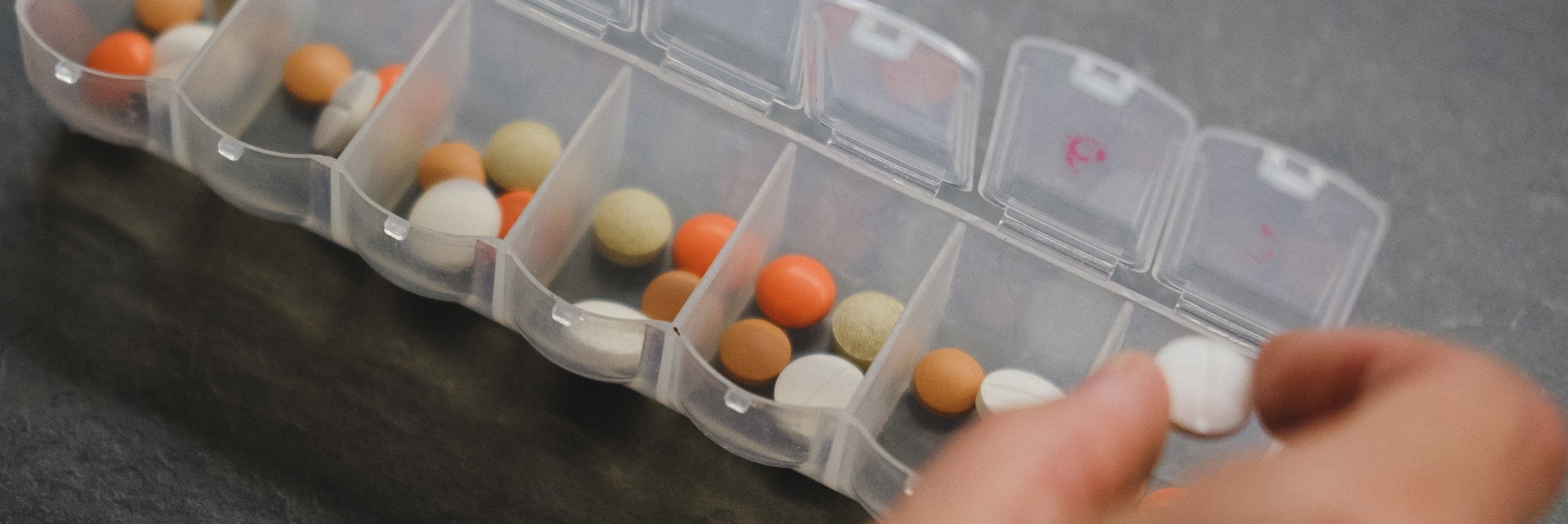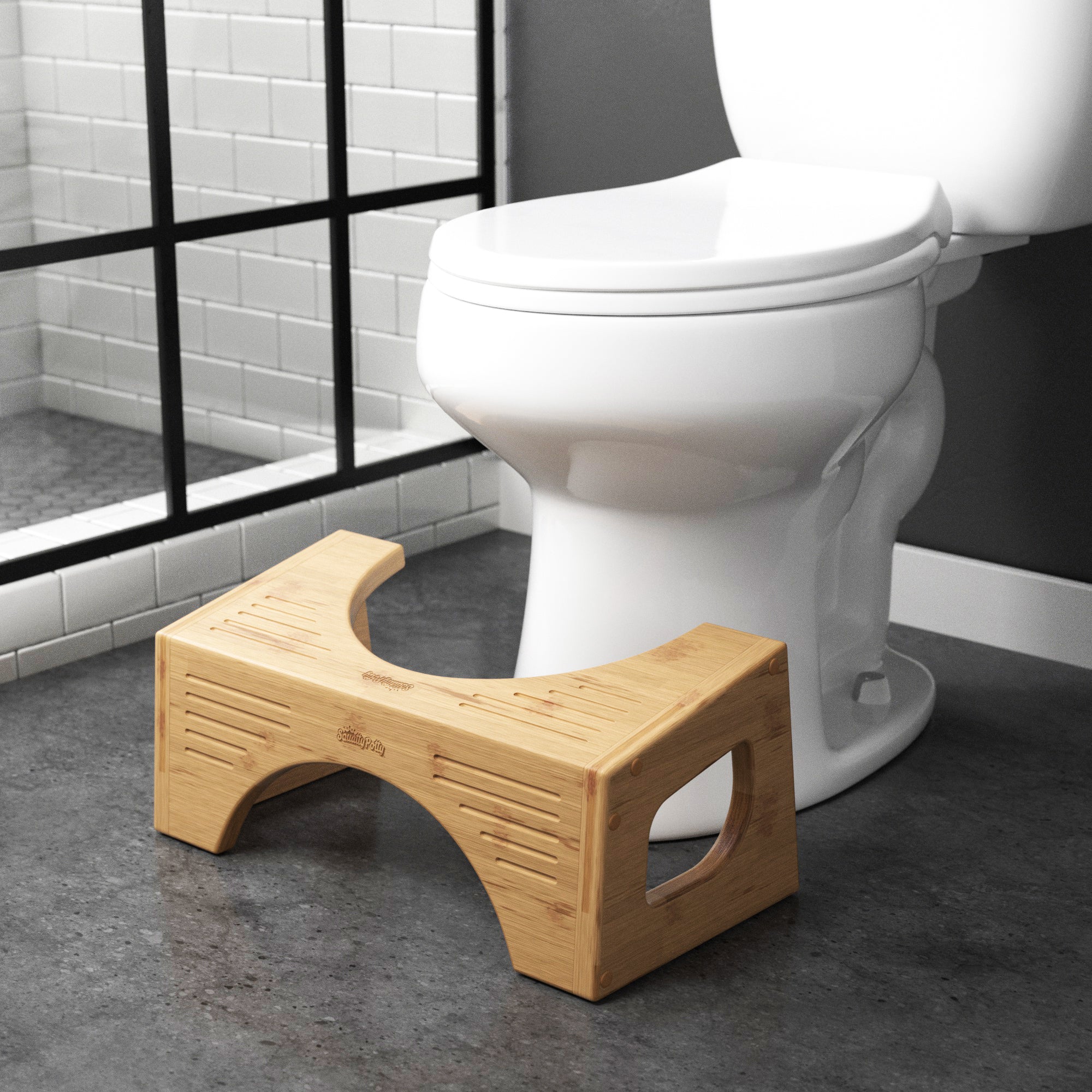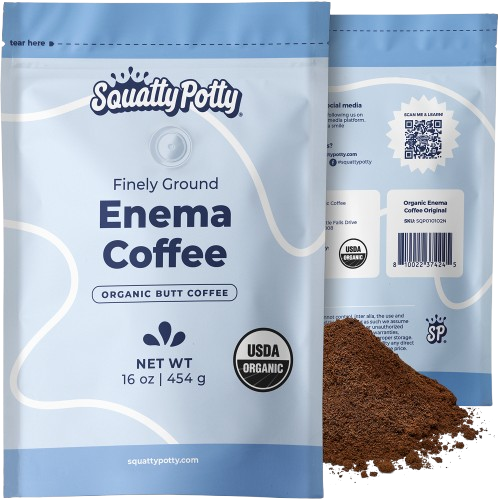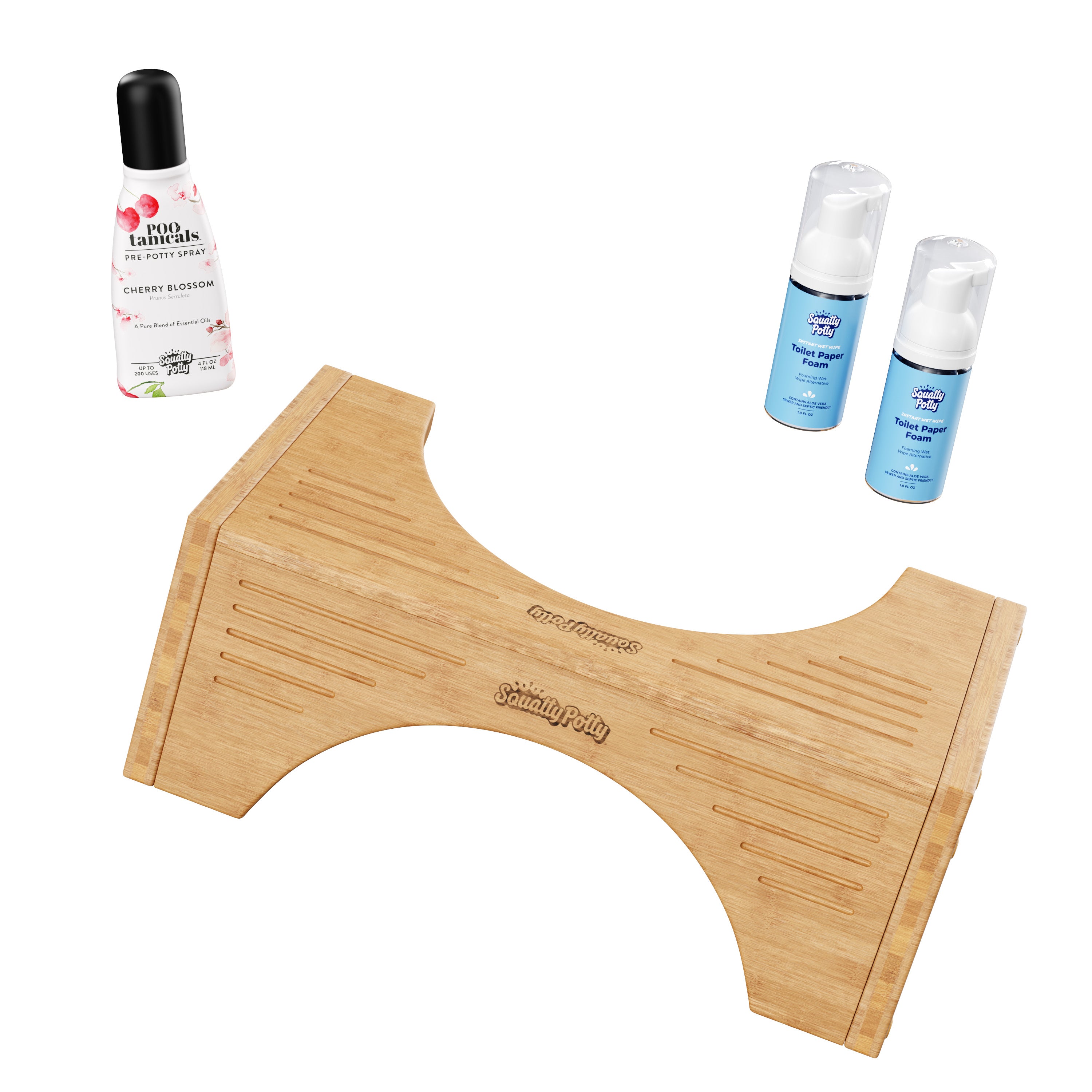Few things capture our attention like the call to visit the bathroom, particularly if we experience difficulty in that arena. Our humble digestive tracts have long been a source of embarrassment for us, discussed behind closed doors rather than at a party or in the Internet space.
Looking at the amount of money Americans spend each year on digestive aids and laxatives and missed work due to tummy troubles – billions of dollars – we can only conclude that we have a problem of epic proportions yet little conversation around it.
Troubles in the bathroom are inherently miserable, of course, and can create other problems for your body and mind. This is because your digestive tract is the Grand Central Station of your body, connected to every other system and cell in your body.
Your gastrointestinal system is not only the avenue through which you take in and absorb food but plays pivotal roles in detoxification; defense and the function of your immune system; brain health and neurological function; and hormonal balance.
Your gut is inextricably linked to the way your body runs on a day to day basis and thus your overall expression of health.
Detoxification
Containing two of the big five organs of detoxification, your gut is hard at work making sure you stay squeaky clean. The liver utilizes multiple different enzyme types and systems to neutralize toxicants, spent hormones and byproducts of normal metabolism you are routinely exposed to through your environment. Without your liver, it wouldn’t take much longer than six hours for your body to be overwhelmed and expire – that’s how hard it works, filtering blood and lymph.
Your liver makes bile, the infamously bitter yellow-green liquid most of us have dry-heaved up at one point or another in our lives. We are quick to dismiss bile as gross and perhaps irrelevant, but bile has a lot of work to do beyond the emulsification of ingested fats. Your bile binds fat-soluble toxicants including steroid hormones and the metabolites of some antibiotics and prescription drugs for them to be excreted.
Speaking of excretion, after your liver does its work of neutralizing and binding this harmful waste, it must be removed from your body. It must exit the building. That is where your large intestine comes in, second big organ of detoxification. You need to poop regularly – every day – to clear out all of the junk your liver has rounded up.
One final detail that your large intestine provides is that it houses the vast colony of beneficial bacteria that perform a dizzying list of functions for you – including detoxification! These healthy gut bugs play a supportive role in neutralizing your toxic burden.
Defense and immune function
This may not be immediately intuitive, but you are exposed to most infectious and otherwise harmful substances through your digestive tract. As such, the vast majority of the immune system is found there. Residing in specialized lymph tissue, many different types of immune cells with many different roles are always on the job – patrolling for bad guys and substances and taking action when necessary.
The immune system is assisted by your microbiome who actively seek and kill bacteria that do not belong. Under the right circumstances, your immune system runs like a well-oiled machine, finding and killing everything that does not belong in your body and escorting toxicants to the liver.
Beyond being the cradle for your immune system, your gut has a couple other defensive tricks up its sleeve. Stomach acid is one of the first layers of defense of the body, a moat of ultra-low pH that kills a lot of bad guys in addition to helping you break down your food.
Like bile, stomach acid is woefully misunderstood and dare I say, abused. Acid blocking medications taken for more than several months have the ability to cripple digestion and promote constipation and a host of other complaints beyond the scope of this piece.
After the stomach comes the lining of the small intestine, a smart filter that allows the good to be absorbed and deflects the bad so it can be pooped out, destroyed by your immune system or squashed by your gut flora.
Brain health, Second Brain health and neurological function
A vast network of nerves populates your digestive tract, as many nerves as the spinal cord, second only to the brain. Known as the enteric nervous system (ENS) or the friendlier-sounding Second Brain, this network manages all aspects of digestion, helps control how fast or slow your gut moves and how frequently you poop.
Your Second Brain operates independently of the brain in your head, but the two have a tight relationship and are constantly giving and taking feedback from each other. This is why stress amplifies all digestive distress and worsens digestive symptoms. And why those with chronic digestive complaints are more likely to experience anxiety and depression than those who do not.
Beyond the intimate connection through your nerves, your gut is a hotbed of activity for many neurotransmitters and feel-good molecules. How silly pioneering scientists must have felt when they realized that up to 90% of serotonin – a compound still known as a neurotransmitter – is produced by the gut, not the brain, and the gut contains most of the receptors for serotonin!
GABA, dopamine, epinephrine and norepinephrine are also made by either specialized cells in the gut or the microbiome. As with serotonin, there is great receptor density in your gut for these compounds, which means your gut is the primary site where their message is heard.
Gives a whole new spin on gut feelings, doesn’t it?
Hormonal balance
Many of you may consider hormones as relegated to the arena of glands and mysterious secretions, and yet, like the Wizard of Oz, your gut is there, behind the curtain, pulling levers that can confer hormonal balance or disruption in a variety of direct and indirect ways.
Your gut helps remove, activate and recycle hormones, and through the gut-brain connection it can also indirectly influence their production. Estrogen is a steroidal hormone detoxified by the liver and removed via the large intestine.
Without daily pooping, your body’s burden of estrogen and other steroidal hormones is increased. Symptoms outside of the gut crop up: acne, hot flushes, painful periods and headaches. We seek specialty care for what can be resolved by regularity.
Your gut keeps hormones balanced beyond their removal. Up to 20% of thyroid hormone is activated by your microbiome. Microbial activity helps sensitize thyroid receptors so active thyroid hormone can do its job. If there are significant issues in your microbiome, your thyroid function can be impacted.
Chronic digestive pain and distress and a disrupted microbiome will shape the signals your gut sends to your brain. Stressed out messages from the gut will be duly noted by your brain, which directs your adrenals to make more stress hormones. This can start a domino effect, negatively impacting the production of sex and thyroid hormones as well.
Isn’t it amazing then, the power of pooping?
When you poop every day, you help your body remove self-made and environmental compounds that would harm you.
When you poop every day, you shore up your defense against pathogens and make it less likely for your immune system to mount a response against the food you eat, your healthy bacteria, or your own cells.
When you poop every day, you help soothe your nervous system and promote those good gut feelings.
When you poop every day, you are directly helping your hormonal balance.
And that is just the start of it.
Dr. Jillian Sarno Teta is the author “Natural Solutions for Digestive Health” and the creator of Fix your Digestion. She is best known for her expertise in digestive health and has been working in this field for over ten years. Her website, www.jillianteta.com contains her blog, free programs and training series and more.










